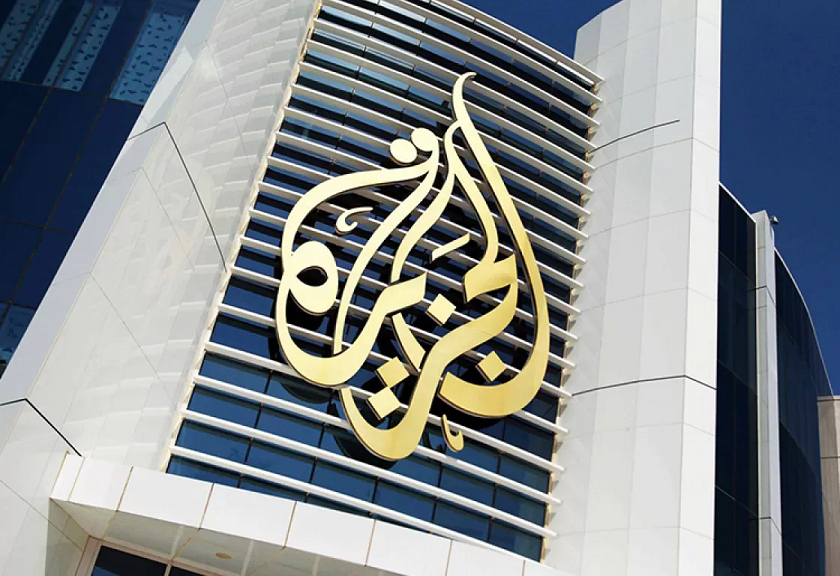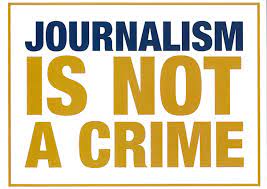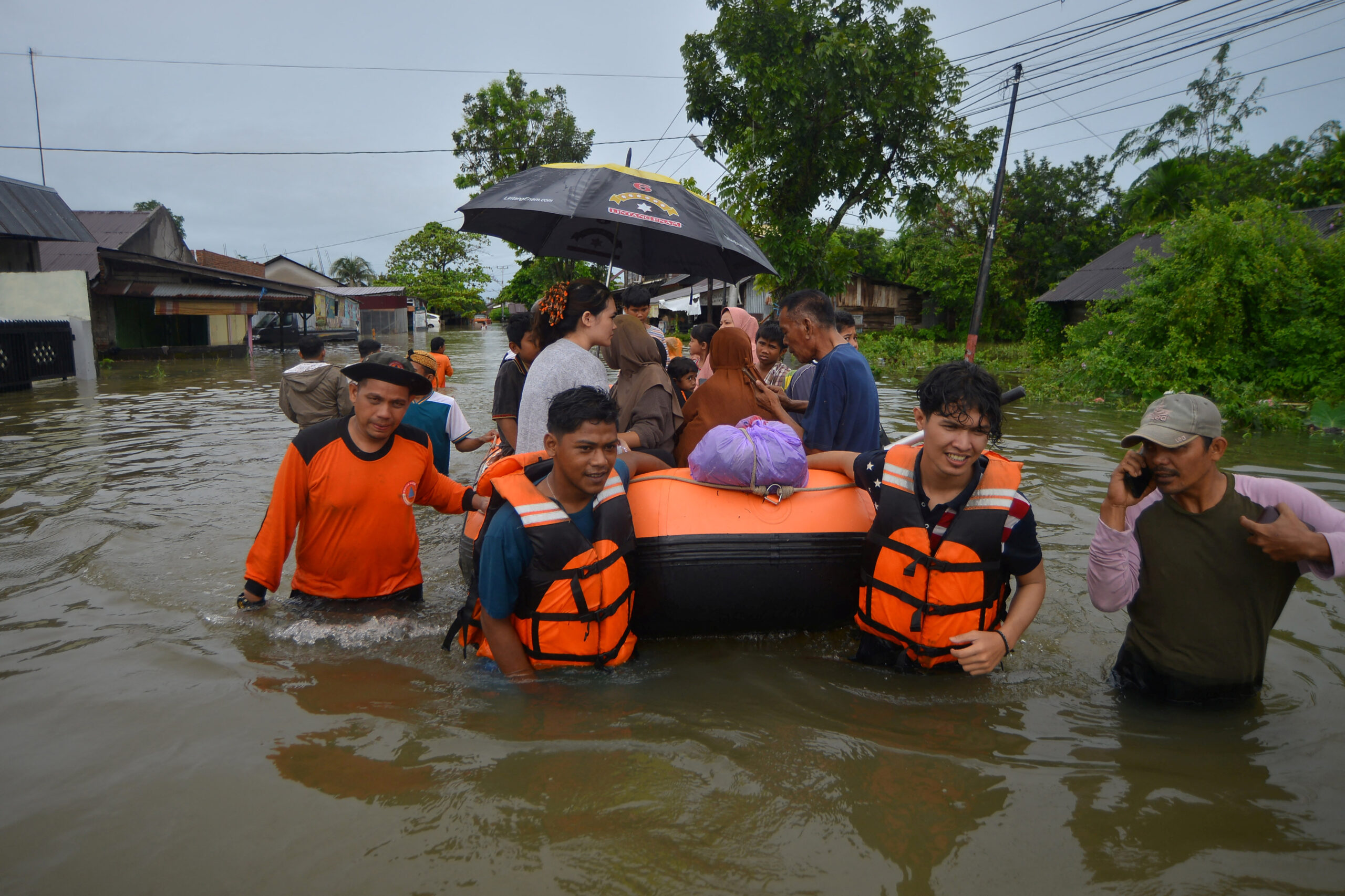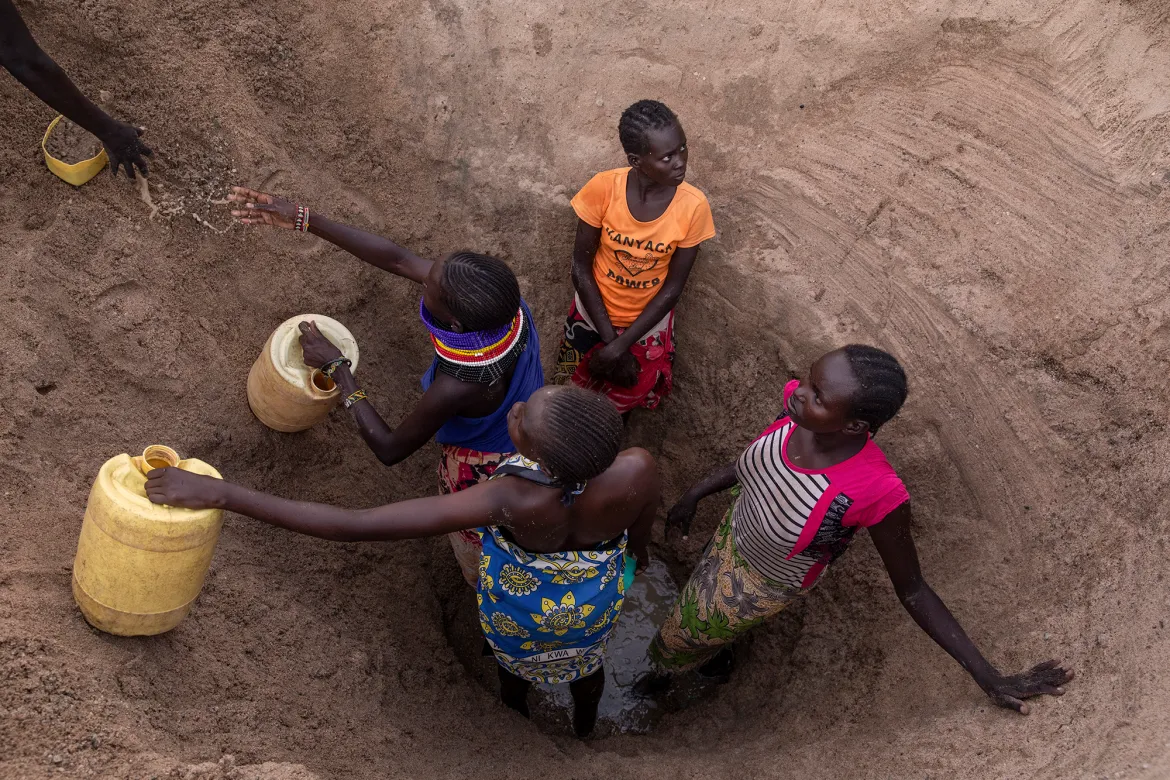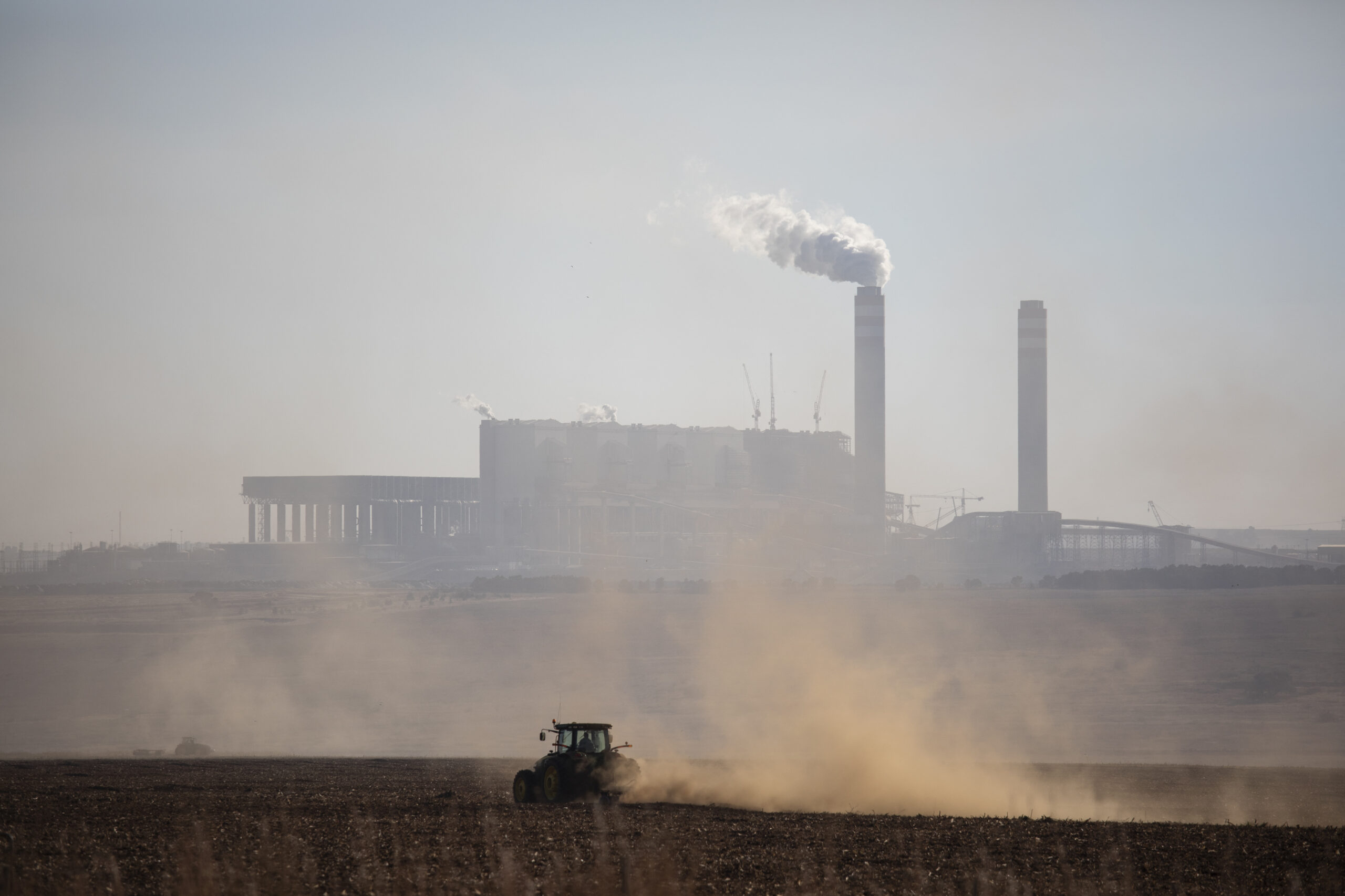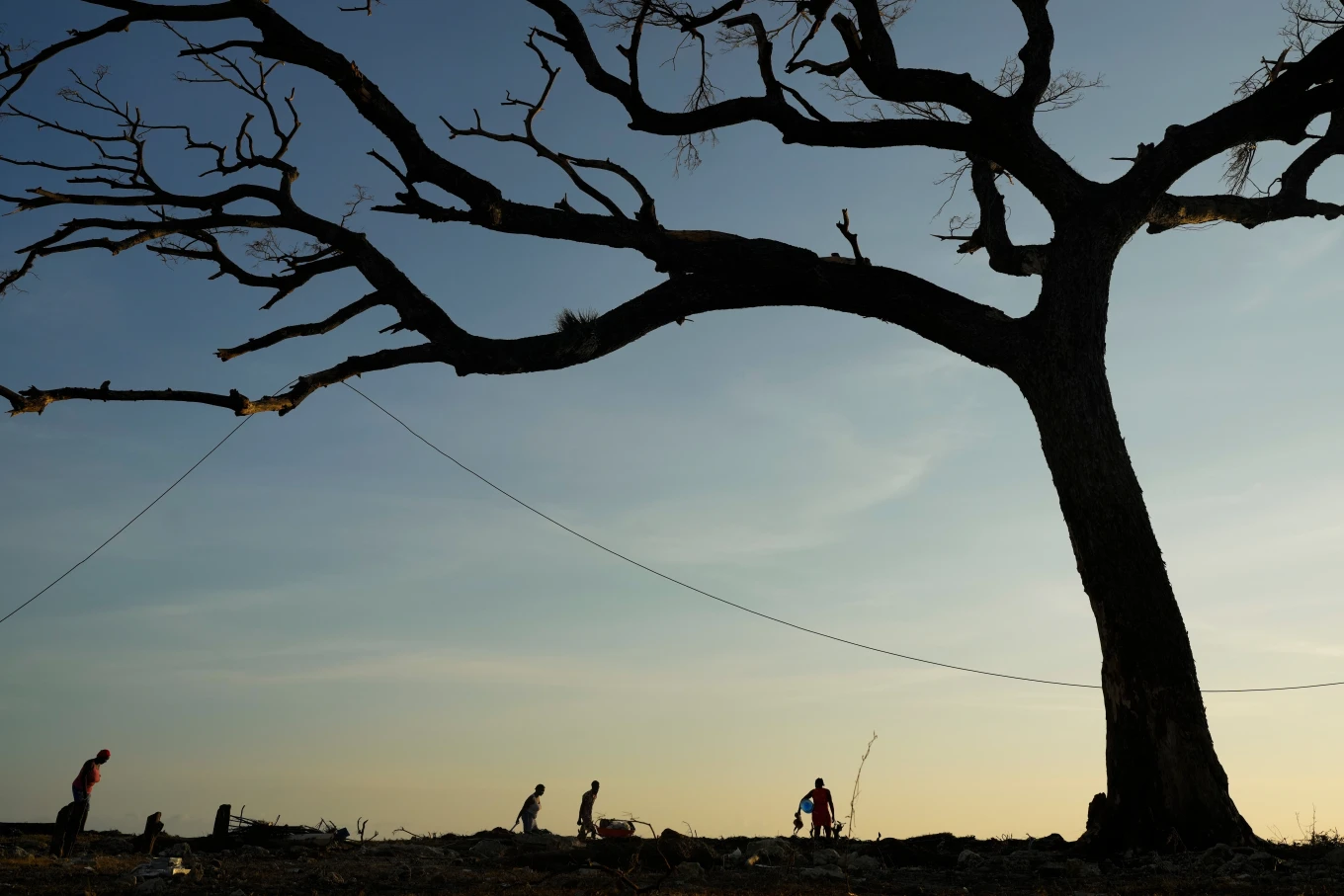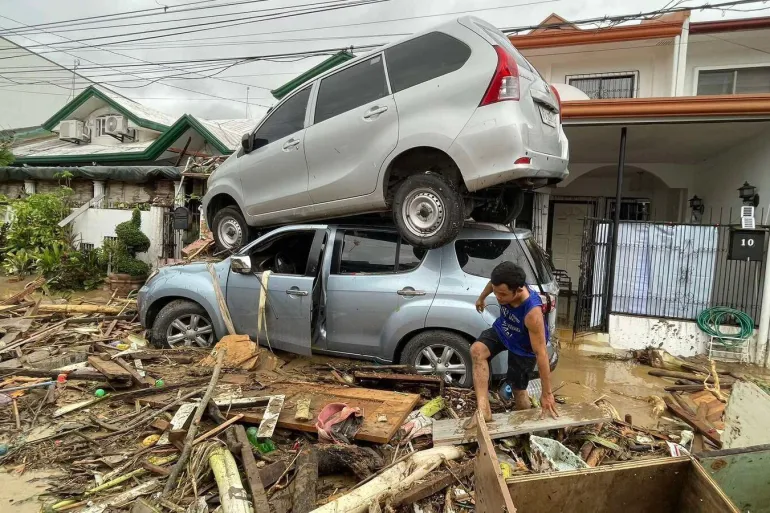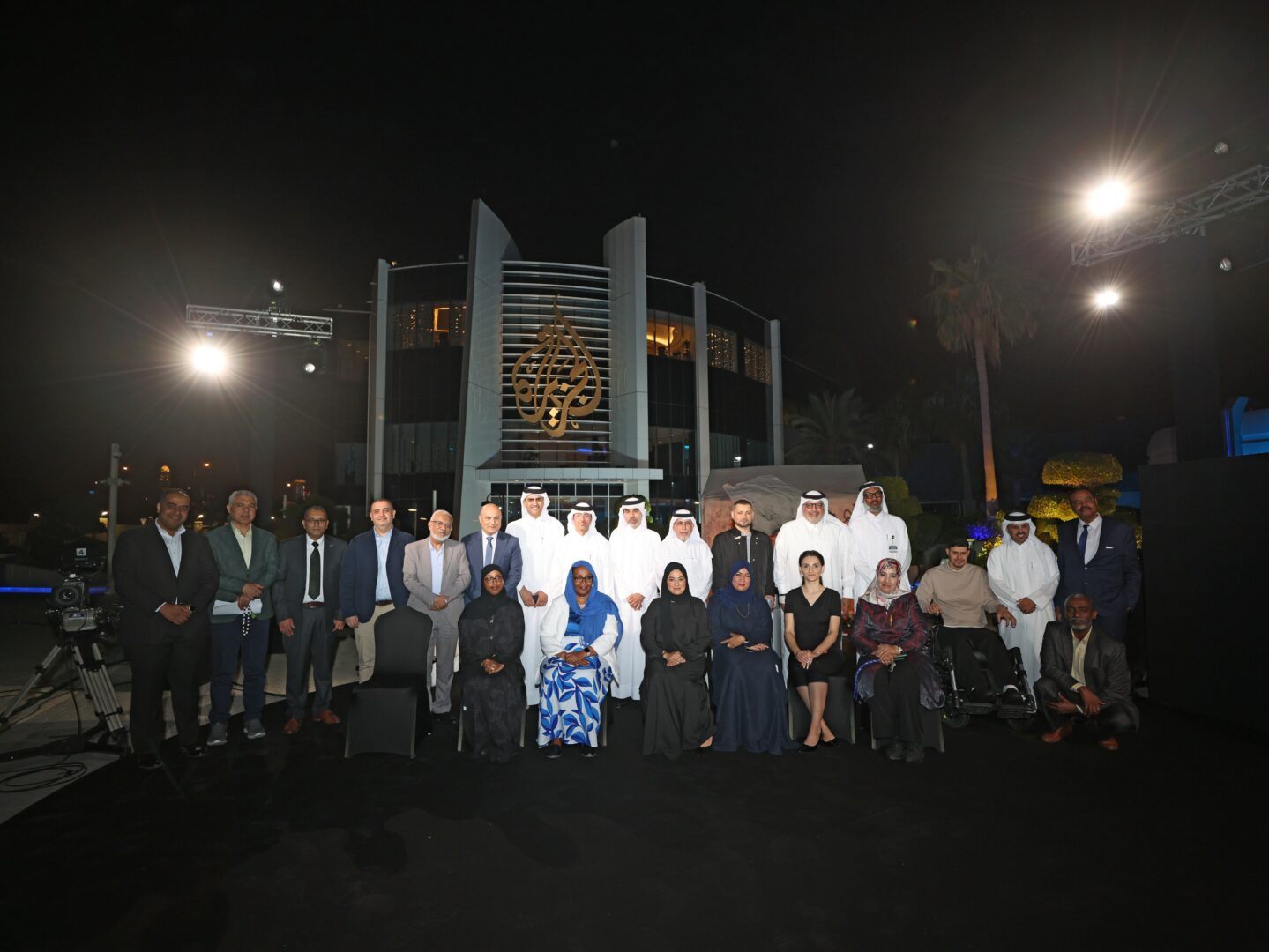Press Freedom Is an Essential Climate Solution
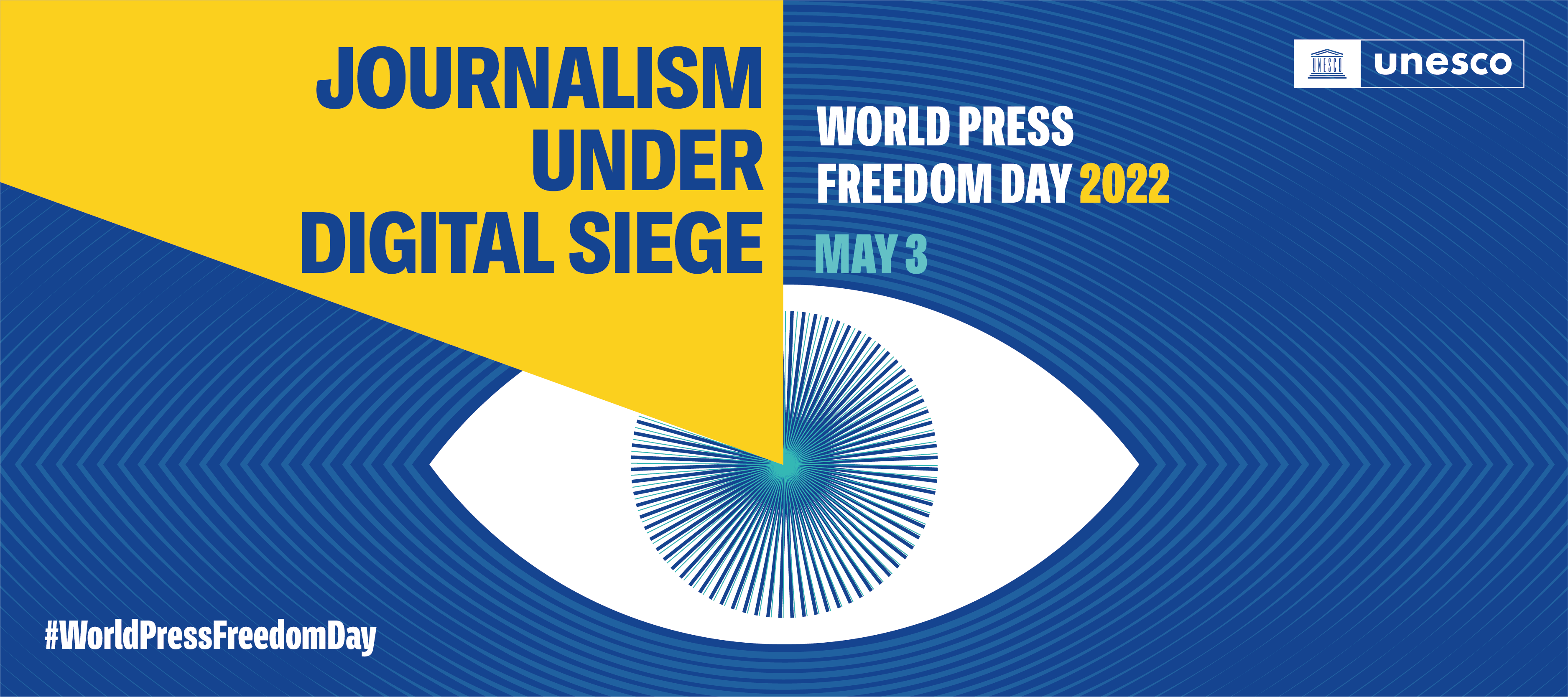
The climate emergency demands more and louder coverage—and that journalists be free to provide it/ WPFD 2022 en. unesco.org.
Journalism continues to be a dangerous profession around the world—and not just in war zones such as Ukraine. In the first quarter of this year, eight Mexican journalists were killed, marking one of the darkest periods for the Mexican press in recent memory. UNESCO, the agency within the United Nations that deals with media-related issues, has reported that, while journalist casualties in countries experiencing armed conflict have declined in recent years, fatal attacks against journalists covering stories related to corruption, human-rights violations, environmental crimes, trafficking, and political wrongdoing have risen in a number of other countries.
Such dynamics can, and do, intersect with coverage of our intensifying climate crisis. In December, Sasha Chavkin, of the Organized Crime and Corruption Reporting Project, wrote about how the murders of environmental activists and the suppression of independent reporting in Nicaragua hampered coverage of environmental concerns. And such dynamics aren’t exclusive to Nicaragua: Many of the countries that have seen the most violence against environmental defenders in recent years also rank near the bottom of the World Press Freedom Index.
Shooting the messenger is, of course, an age-old reaction. These days, however, those who wish to silence journalists have a greater array of options beyond the bullet. As well as arbitrary arrest, detention, torture, and threats, journalists around the world can also face online abuse, smear campaigns, legal harassment, and computer and phone hacking. My colleagues at Al Jazeera have been on the receiving end of each of these intimidation tactics, even as we remain determined to do our jobs.
As journalists increasingly come under fire, so, too, is media freedom under siege in new ways. Some governments seek to criminalize good journalism as akin to spying or even supporting terrorism. There are governments which have found oblique ways to curtail freedom of expression under the guise of public health amid the Covid-19 pandemic.
Such threats imperil journalists’ ability to cover the biggest story of our time: the onrushing climate emergency. Reporting that is accurate, factual, and impartial—the hallmarks of good journalism—is critical for society to be informed of the magnitude of the climate emergency and its solutions. Yet journalism cannot play this crucial civic role if our reporters are being killed, our offices bombed, and our freedom to publish and broadcast trampled.
Journalists play a key role in reporting the climate breakdown that we, as a species, are both causing and facing. The science around climate change and its consequences—a range of alarming phenomena including storms, floods, heatwaves, and droughts—is indisputable. Factual reporting and observational storytelling can help humanity to fully understand, acknowledge, and—hopefully—address the challenges posed by a warming planet.
The Covid-19 pandemic has shown the importance of the media’s taking a leading role in informing audiences about a global problem that has very direct and personal risks to everyone. Yet even the deaths and upheaval due to the coronavirus, while truly awful, pale in comparison to the potential consequences of climate change.
As the world experiences the increasing frequency and intensity of extreme weather events and climate-related disasters, studies show that climate journalism is also on the rise. The urgency of the climate crisis is growing; so is public interest in the story.
The old adage that journalism should “comfort the afflicted and afflict the comfortable” seems more appropriate than ever when it comes to the climate story, since it is often the poorest and most marginalized communities who pay the price for carbon-emitting elites.
Media freedom is an integral pillar of just, peaceful, and inclusive societies. (The United Nations Sustainable Development Goals includes “verified cases of killing, kidnapping, enforced disappearance, arbitrary detention and torture of journalists [and] associated media personnel” among its list of key indicators.) Such societies—with public access to impartially sourced information and participatory-governance practices—are perhaps most likely to assume the vanguard of taking the climate action required.
Amid all the challenges, journalists’ crucial commitments to accountability reporting and verifiable information can be strengthened through collaboration. Journalists and media organizations have stood in solidarity when members of the profession are confronted with threats and attacks. An attack on a journalist anywhere is an attack on journalism everywhere. Such attacks are also an assault on the public’s right to be informed.
Similarly, collaboration in reporting the story of human-caused climate disruption seems a natural win. This “existential” story is of such global, diverse, and interconnected importance that media organizations will likely benefit by finding ways to transcend traditional barriers of competition and proprietorial treatment of content in order to serve the common good. As the global journalism collaboration Covering Climate Now has argued, “Better news coverage is an essential climate solution…. To preserve a livable planet, humanity must make a rapid, far-reaching shift in energy, agricultural, and economic practices. This shift simply will not happen absent an informed, involved citizenry.”
The mission of journalism is to present facts and informed analysis to let people know what is happening in the world. It is a world in which we, as human beings, will need to meet the challenge of addressing the harm we are doing to our planet and to our own chances of survival. In covering this story—the story of our time—the role of the journalist is more important than ever.
It’s critical for all of us that journalism is not silenced, suppressed, or sidelined anywhere in the world. The climate emergency instead demands more and louder coverage—and that journalists be free to provide it.
- Giles Trendle is the managing director of Aljazeera English.
- Most Viewed
- Most Popular



